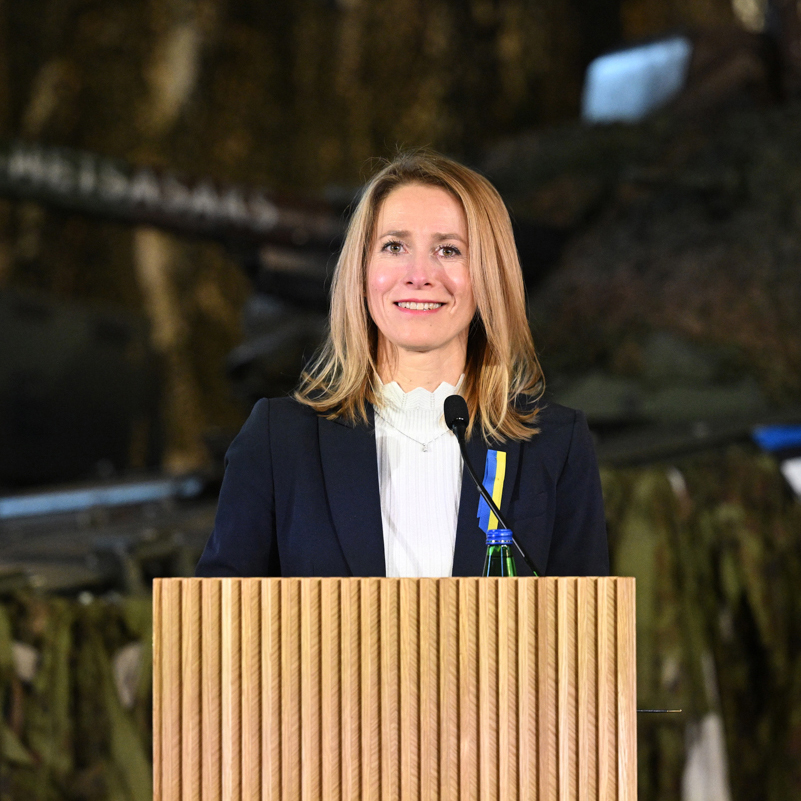From her office in the medieval center of Tallinn, about 130 miles from the Russian border, Kaja Kallas considers whether the invasion of Ukraine might never have happened if a woman was in charge of the Kremlin.
The Estonian prime minister is one of a new generation of female leaders in the region, along with her counterparts in Lithuania, Sweden, Denmark and Finland.

